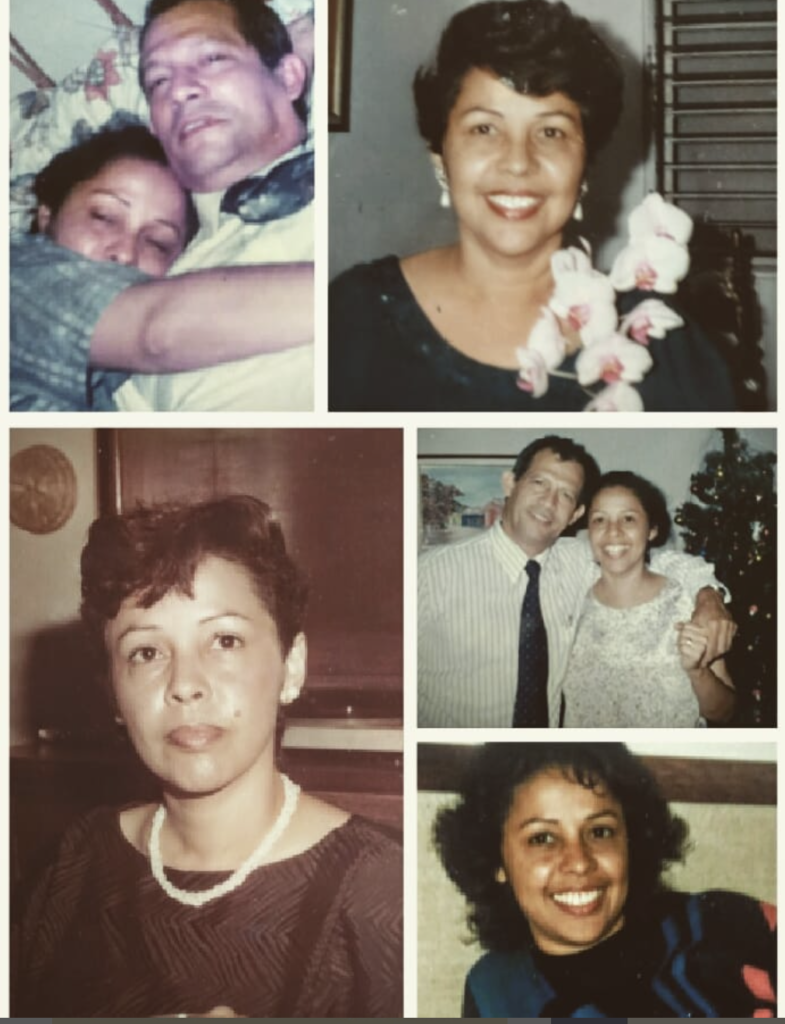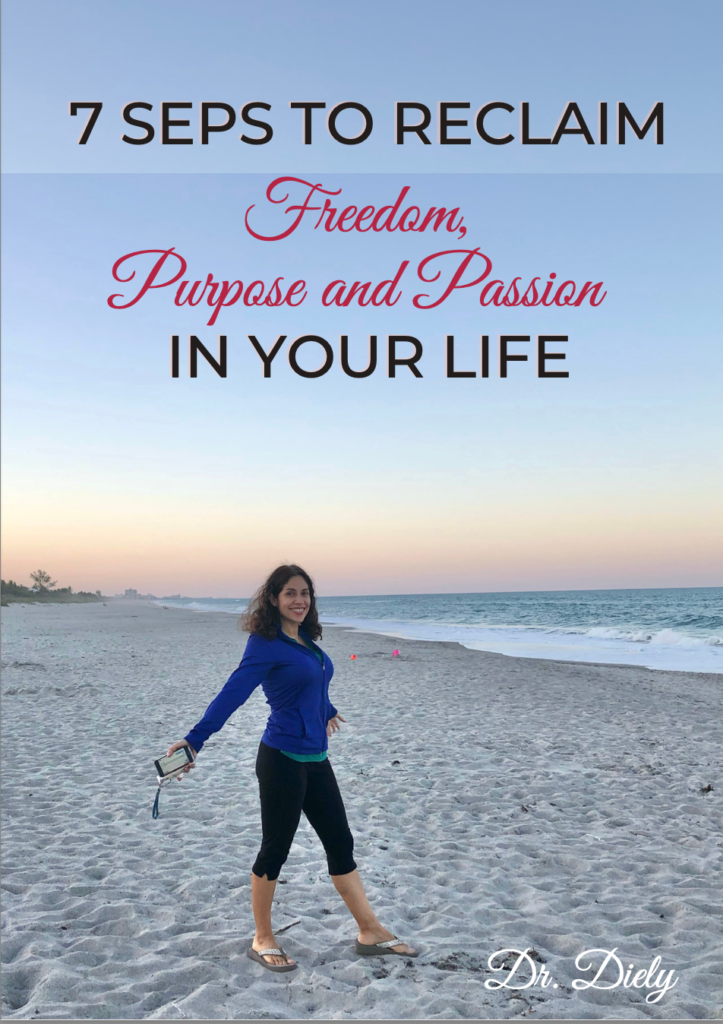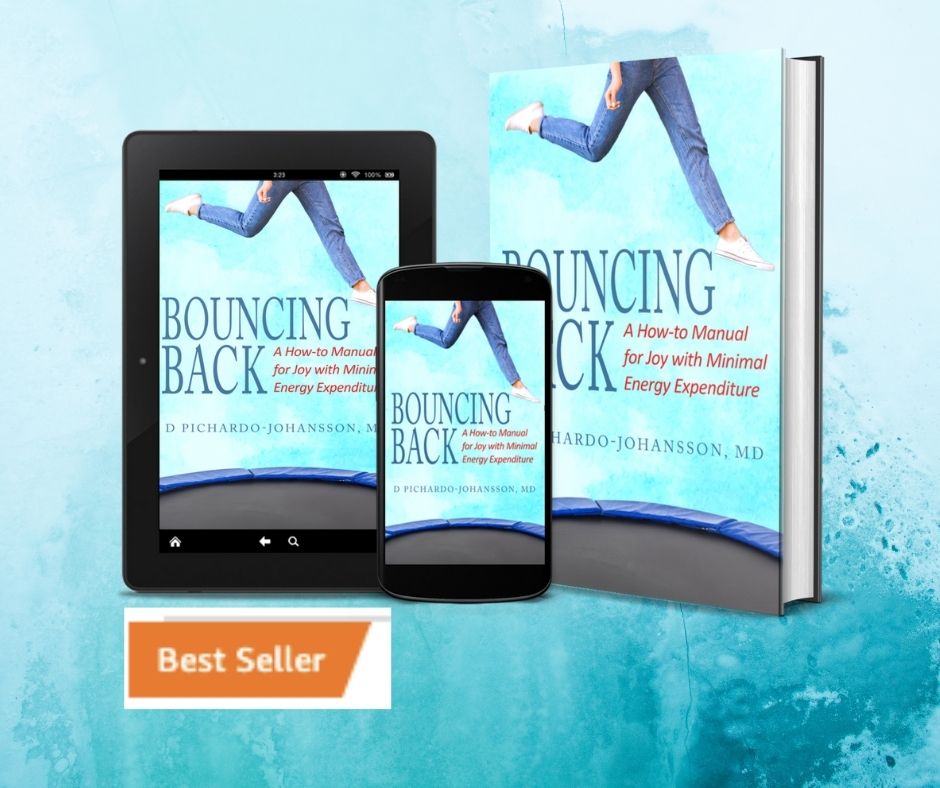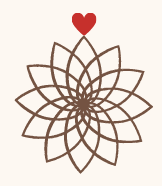Loving Relationships 101: Three Tools that can Transform your love life
Loving Relationships: Putting love first
As a coach, one of the topics I specialize in is loving relationships. And my expertise started long before my life coach certification.
Loving relationships were a main topic in my family ever since my childhood, when my parents used to work at “Marriage Encounters,” teaching couples communication skills. You could say, their principles rubbed on me, and then my training added more to them. Then came what I consider my PhD degree in unconditional love : my children with special needs. And even my children with no special needs, (every parent knows they can become an even bigger challenge). Like many of you, I’m divorced, and hen happily remarried. I have witnessed what a lousy, codependent relationship is, and I have also witnessed what a deeply loving relationship is.
So, as the self-proclaimed expert in loving relationships I am, today, I would like to share three pearls of wisdom that can transform your relationship. Either with a spouse, a child, or a co-worker. Sometimes I call them mantras, because it’s about remembering them, mindfully, at the right moment. Other times, I call them tools, because it’s all about applying them.
Let’s start with a Real Story about Loving Relationships

They say you teach your children not with what you say, but with what you do. And one of the biggest teachings about loving relationships I ever learned came from my parents, the experts in loving relationships of their time. It all happened a father’s day over twenty years ago.
My father had ten sibling (yes, TEN). And considering that my grandmother, a twice-widow, had raised them in deep poverty, most of them had become highly successful people.
Despite the fact that my father had done relatively well in his life, he always retained some inferiority complex about having grown in deep poverty. One of his brothers, my Uncle Christian, had done better than my Dad clearing the poverty mentality. He’d become a multimillionaire businessman. My uncle lived in a mansion drove a luxury car and had every fancy electronic toy in the world…My father considered important to make an effort not to treat him any differently than his other siblings. But deep inside, he was aware of how different their lives were.
And one of the things my uncle owned that my father admired was a home gym, full of fancy exercise machines, each of them costing a fortune. If my father wanted to exercise, he had to go to the public park for a jog, or play soccer with a group of young neighborhood kids.
One day my father made a comment to my mother about how lucky my uncle was to have that home gym—and an idea sparked in my mother. She took my uncle apart and asked him questions about his gym. My uncle, probably wanting to help, because he loved my parents, said “Hey, I’m buying a new machine and trying to make space in my gym. If you want to, I can sell you my treadmill for cheap.”
So my mother got super excited with the project, and got me (I was probably in my late teens, early twenties) enthusiastic about it. She paid for the treadmill, and I helped her arrange for someone with a pickup truck to pick it up and deliver it to Dad. We were so joyful and proud of ourselves when we surprised my dad with his Father’s Day present: a treadmill.
And my father was outraged!

When Loving Intentions go wrong.
My dad was furious! “How can you do this to me?” he asked my mother. “Do you believe I’m such a bad provider I need my brother’s charity? He’s going to believe that I’m strained for money and that when I spend time with him is out of interest. He’s going to believe I can’t support my own family. How can you humiliate me like this?
My mother was heartbroken, my father was deeply hurt. I was devastated.
But then a few hours later, my mother cooled down and went to hug my father and said, I’m sorry. I thought I was doing this to make you happy, but if it hurt your feelings, I’ll make it right. Tell me exactly what you want me to do and I will do it. Do you want me to call back the pick up truck and return the treadmill to your brother’s house?
Young me was shocked. “No! Why would you do that?” I asked my mother when we were alone. “We are the ones who are right and should be offended here. We did something extremelyt nice for him and he didn’t appreciate it!”
But my wise mother answered, Sweetie. If someone you love tells you sincerely, “You hurt my feelings,” you don’t resort to logic. It doesn’t matter if they’re making sense or not. No matter how unreasonable they sound, you say ‘I’m sorry’ and try to make it right. And later you’ll figure out anything else.”
I’ll tell you the end of the story in a little while. But now I want to use it to share the three life-transforming things I learned that day about loving relationships.
1- If you learn only one thing today, let it be this: Love trumps everything.
Always put love first. Any decision you make in a loving relationship has to have LOVE as the first priority. Love trumps logic, trumps being right, trumps self-importance. If you have to make a decision and you ask yourself “Which decision will honor love best?” you cannot get it wrong. Or like that favorite quote of mine says, sometimes attributed to Wayne Dyer, sometimes to other authors, “Whatever your question is, Love is the answer.”

And here you may argue: wait a minute. What about my self-respect, my boundaries? What about making sure I’m not taken advantage of, making sure I don’t enable people?”
Yes, all those are huge, important values and they’re not contradictory with this concept. Because if you’re acting through real love, all this fall into place.
First because love and slef-love are one in the same. When you honor your self-love you’re ensuring that you will not grow depleted, and that you won’t accumulate resentments and grudges. In short, self-love is love for others because you ensure they always have the best version of you.
Second, because real love also comes hand in hand with respect. And if you are asking me to do something I consider wrong in the name of love (whether that is betraying myself or enabling you) if I put love way above my desire to please you, I will realize that I do you a disfavor if I don’t say no. My greatest expression of love will be saying “No, thank you. If I say yes to this, I’ll be doing the two of us a disfavor.”
In the case of this story my mother, knew that love was above being right. Above her need to be appreciated. Even above logic.
So the mantra #1 in loving relationships is “Lover first, always. Love trumps everything else.”
2- The fight is never about what it seems to be on the surface. To solve it, you have to go deeper.
My mother knew that the fight wasn’t about the treadmill. The fight was about the treadmill triggering my father’s fears of being inadequate. He had regressed to a younger version of himself, a young boy who felt embarrassed of not having enough money. He had regressed to a six-year-old orphan who, not having a father to provide for him, had sworn he would be a good provider for his family—and sometimes, when he saw his richer brother, wondered if he wasn’t doing a good enough job.
So the situation would never be solved if we remained stuck on the treadmill. Repeating to my father the great features on the treadmill, or the great price we paid would’ve been pointless. Attacking him about not being appreciative wouldn’t solve anything. What that little wounded boy needed was to feel significant and respected. And the only way to help him snap out of that state was giving him that love and that respect.

So what my mother was saying was, “You are important to me. I see you. I hear you. And even if I don’t see it the same way you do. I will show you my respect by honoring your request.”
So, Mantra or Tool #2 in loving relationships is: Ask yourself, “What is this really about, deep under the surface? How can I give my loved one what they really need right now?”
3- Always Keep a Clean Slate: We solve disagreements quickly and move on.
Some other day we’ll talk about the importance of taking turns being angry. My mother always said “Don’t ever be angry at the same time.” With my husband I extrapolate that also to not being exhausted and stressed out at the same time. If I’m having a hard week, but he’s having one that’s worse, I’ll put my worries on hold to give him support, and he does the same for me.
What was the end of the story? My Dad calmed down and eventually did decide to keep the treadmill. And then, he rarely ever used it (I guess that’s the destiny of most treadmills anyway). But was that it?
Many, many years later, after my mother had already passed away, I learned that had not been the end. Later on, when my father had calmed down and they’ve made peace, she did scold him for making me cry. At that time she knew her priority was to tend to the crisis. But after that, she knew that if she didn’t express herself too, she would hold a grudge about it forever.
Also many years later, I learned two magic rules for keeping a clean slate that transformed my life and my relationships. Are you ready?
The first one is: Nip it on the bud/Get the trash out regularly: When something bothers us, we say it soon. (Like my mother, we may need to wait for the right moment, but we don’t keep it inside.
The second one is: anything that happened longer than two weeks ago is ancient history and never to be mentioned again.
If you’re angry, you say it—in a loving way In an assertiveness sandwich type of way (that’s another post). But let it out. Best case scenario, you make sure it doesn’t happen again. Worst case scenario, you at least get it out of your system.
So that’s tool #3 for in loving relationships: Always keep a clean slate. And we achieve that with two steps: We nip things on the bud, and declare anything older than a couple of weeks, ancient history never to be mentioned again.
I hope this video has been helpful, if that’s the case, please share it and I can’t wait to hear your comments. Love you and talk to you soon.

If you haven’t yet, sign up for my Life Coach Newsletter and gain access to my Free Guide "Seven Steps to Freedom, Purpose and Passion."
And check the #1 Amazon Bestseller Bouncing Back: A How-to Manual for Joy with Minimal Energy expenditure

